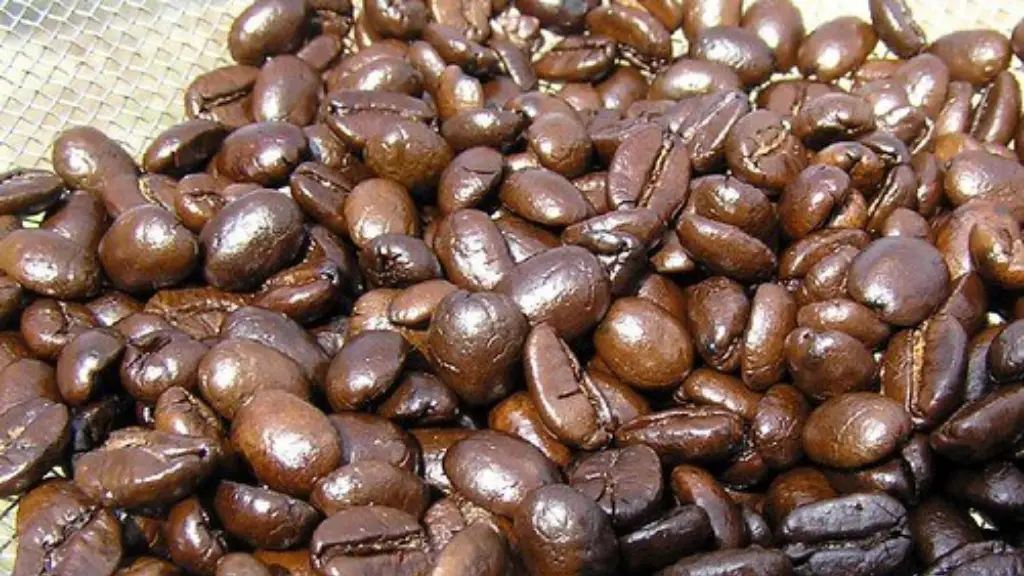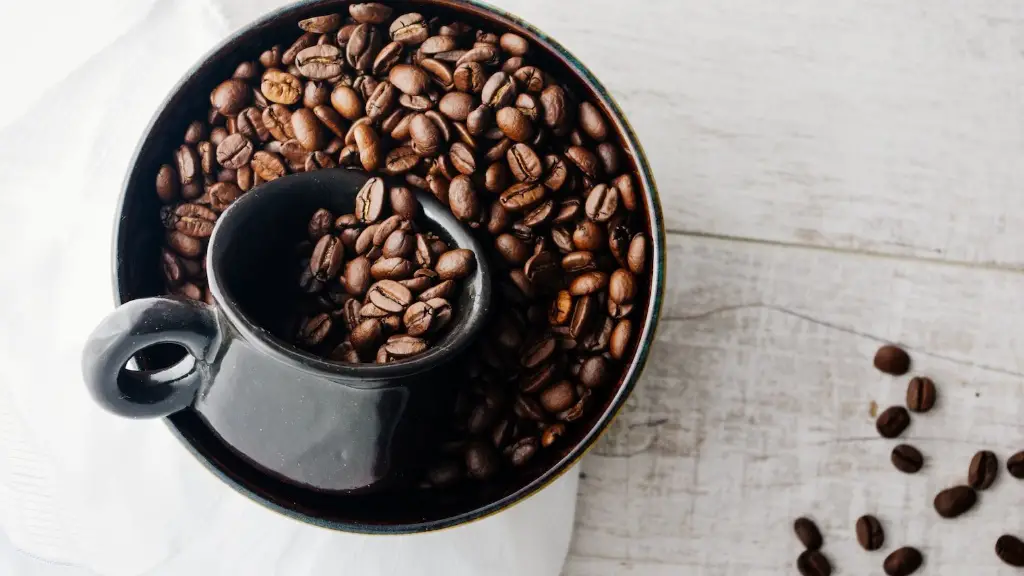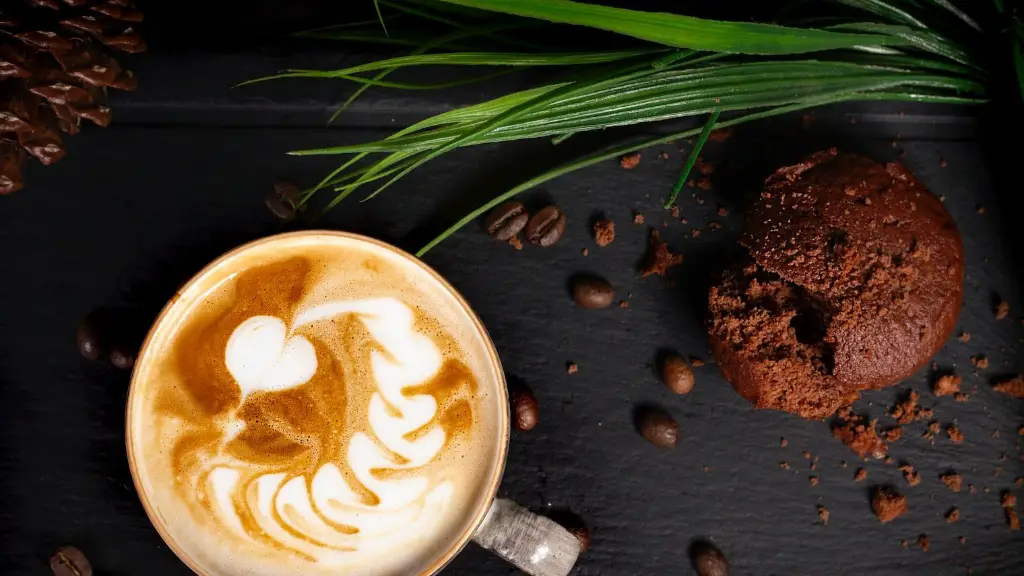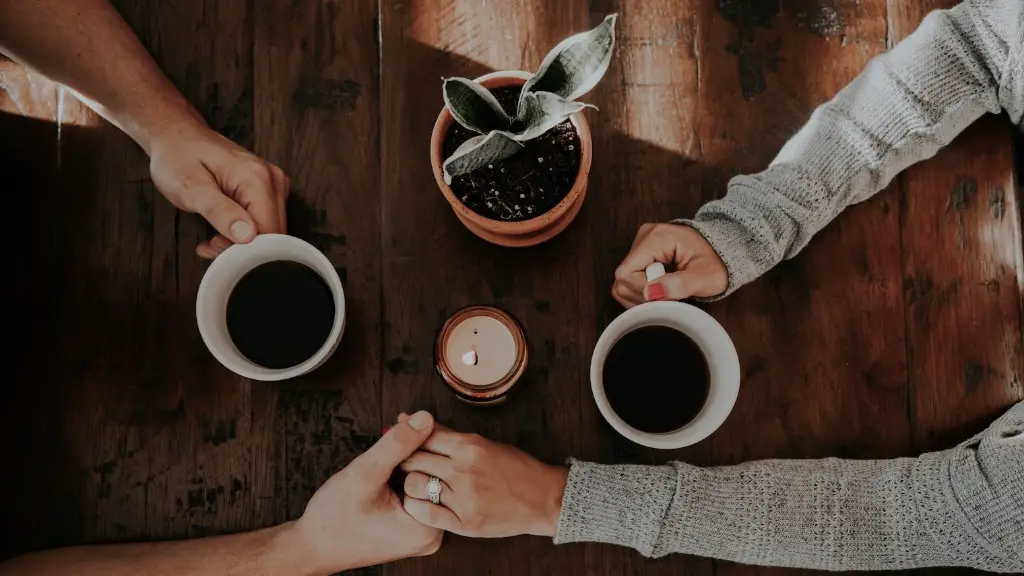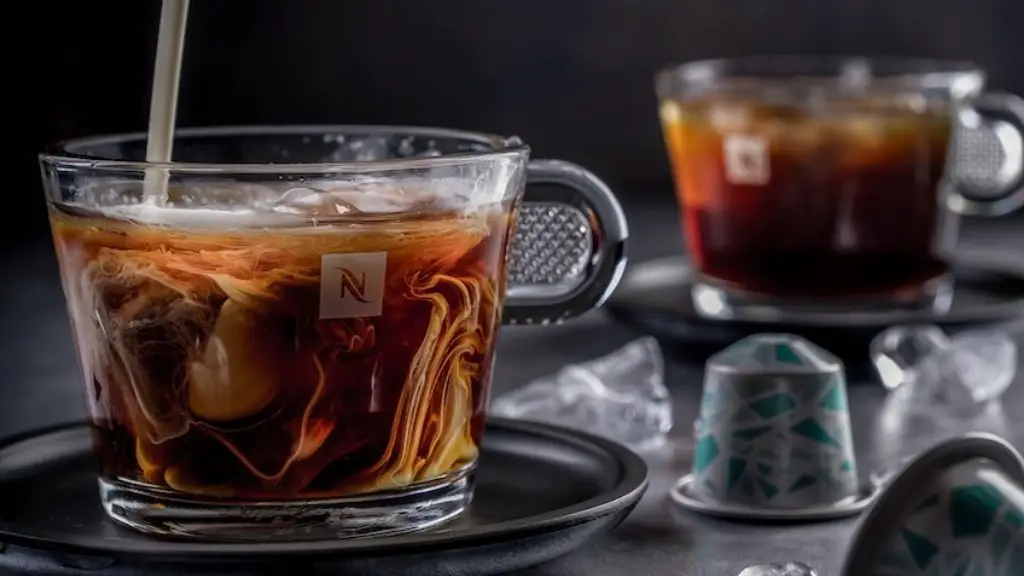If you’ve had one too many the night before, you’ve likely asked yourself this question at least once in your life. After all, you’re struggling to get through the day, so it sounds like a quick and easy solution! But, before making a decision, it’s important to understand the facts and possible outcomes when deciding whether to drink coffee with a hangover.
What causes a hangover? Alcohol dehydrates your body, resulting in headaches, upset stomach, and an overall feeling of fatigue and illness. Alcohol also disrupts the body’s normal production of hormones, which can lead to mood swings and irritability. Caffeine, on the other hand, is a stimulant, meaning it temporarily “wakes up” your body and gives it energy. This is why many people reach for a cup of coffee when they’re feeling hangover symptoms.
Coffee can be beneficial for relieving hangover symptoms, for a few reasons. First, it helps with dehydration. Caffeine raises your heart rate, which causes your kidneys to expel fluid from the body faster. This can help your body rehydrate, and the caffeine itself can help combat the fatigue brought on by a hangover.
Coffee can also increase alertness and concentration, which is helpful if you need to get to work or school after a night out. And, importantly, drinking coffee can also help people maintain a more positive outlook in a hungover state.
The downside of caffeine is that it can also cause dehydration because it acts as a diuretic. This can exacerbate hangover symptoms like headaches, and can lead to worse hangovers. It can also cause jitters and irritability, which can make it hard to focus or relax. Additionally, because caffeine is a stimulant, it can mask fatigue and reduce your body’s awareness of how much it needs rest.
So, should you drink coffee with a hangover? It really depends on the person and the severity of the hangover. For those who live a healthy lifestyle, moderate amounts of caffeine can be a helpful short-term solution. Caffeine can help people feeling the effects of a hangover, but it should not be a substitute for sleep and proper hydration.
Weight of Evidence
Studies have been conducted to examine the effects of caffeine and alcohol on hangovers, and the results have been mixed. On one hand, some studies have found that caffeine can alleviate hangover symptoms by reducing fatigue and improving alertness. On the other hand, the same studies have also noted that the combination of caffeine and alcohol can lead to more severe hangovers.
A meta-analysis conducted on participants during an alcohol challenge study found that consuming caffeine with alcohol resulted in higher positive acute hangover outcomes. The results showed that caffeine increases the hangover intensity, meaning it is likely to make the effects of a hangover more intense.
But, it is important to note that the studies that found caffeine to increase hangover intensity were conducted on individuals who had consumed large amounts of alcohol. For individuals who moderate their drinking, they are less likely to experience similar adverse effects from a moderate intake of caffeine.
Ultimately, people drinking small to moderate amounts of alcohol may experience benefits when they combine alcohol with coffee. But, like most other things, it’s important to find the right balance and avoid excess.
Coffee Alternatives
For those seeking an alternative to coffee for relieving hangover symptoms, there are several options. One of the most popular alternatives is to drink sports drinks or electrolyte-rich fluids like coconut water or Gatorade to replenish electrolyte and fluid levels.
Many people also find that eating small meals throughout the day helps alleviate hangover symptoms, particularly if the meals contain a lot of carbohydrates or protein. Additionally, some people opt for toast, crackers, or other simple snacks to help with nausea and restore energy levels.
Finally, many swear by the “hair of the dog” remedy—drinking the same alcohol in moderation the morning after drinking. This therapy relies on the assumption that drinking a little more alcohol can slow the break down of acetaldehyde, a toxin made when your body breaks down alcohol, and reduce the intensity of a hangover.
Beyond Physical Effects
It’s not just physical effects that coffee can have when it comes to hangovers. Drinking coffee after drinking alcohol can also lead to longer-term effects, such as dehydration and an increased tolerance to the effects of caffeine.
Caffeine consumption has been linked to drowsiness and dehydration. Research has also suggested that people who consume large amounts of caffeine have a higher tolerance to its effects and are therefore more likely to use excessive amounts of caffeine to achieve their desired level of alertness.
Likewise, drinking too much caffeine after a night of drinking can lead to an increased desire for more alcohol. Research has also suggested that caffeine can cause increased alcohol cravings, which can lead to further drinking and an increased risk of alcohol dependence.
Summary
So, can you drink coffee with a hangover? It’s important to remember that while caffeine may be able to alleviate the symptoms of a hangover in the short-term, it can also lead to more serious long-term effects.
If you do choose to drink coffee after drinking alcohol, sticking to moderate amounts is best. Additionally, supplementing your caffeine intake with other remedies to rehydrate, replenish electrolytes, and give your body proper rest is ideal.
